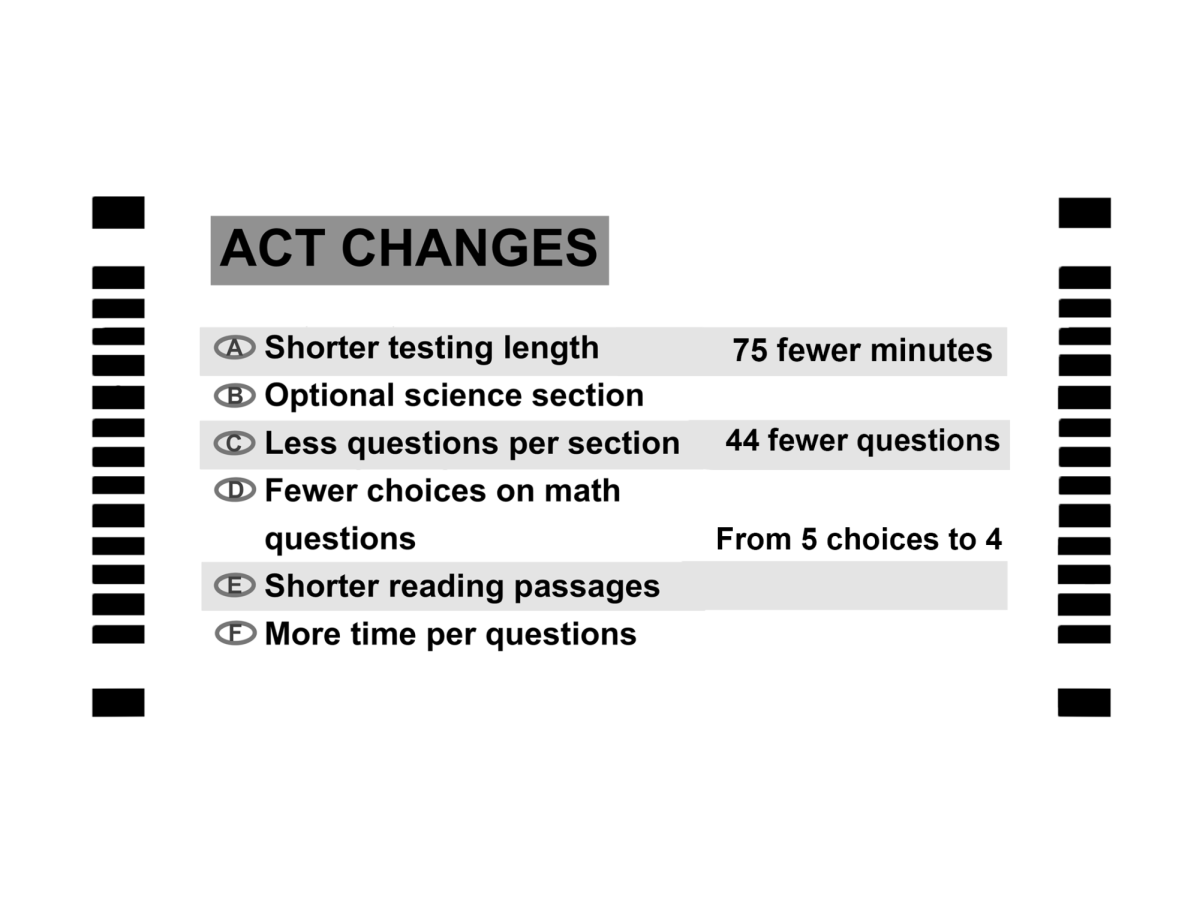With 2023’s Cyber Week hitting record-level sales, the question is presented of whether extensive online shopping is beneficial to the U.S. economy. While online shopping can lead to increased consumer spending and increased entrepreneurship, it can also harm small businesses and prompt customers to spend money they don’t have.
On Nov. 24th, records were broken with Black Friday online sales totalling at 9.8 billion dollars. Further, on Nov. 27th, Cyber Monday topped all time highs with 12.4 billion dollars in revenue. These exceptionally high online sales are just a reminder of the ongoing transition from brick-and-mortar consumption to primarily online shopping.
When shopping, most people prefer buying from large online retailers, such as Amazon or Target, mainly due to the fact that it is more convenient. Being able to shop from your home is much easier than having to drive or walk to a store for goods.
Further, the COVID-19 pandemic normalized an unhealthy precedent of online shopping. Fear of retracting the virus kept people from shopping in-person, as the U.S. Census showed that online shopping increased by 43 percent during this time. Even after the pandemic ended, the pattern of shopping via computer or phone remained popular and a much easier option for many, as statistics show that E-commerce sales were expected to grow by 10.4 percent in 2023.
However, a global market centered around E-commerce presents many dangerous harms. One of which being that small businesses lose customers and sales. With online shopping, big enterprises like Amazon and Walmart greatly outsell small businesses because of their lower prices and their popularity.
Bigger online companies have the advantage of being able to lower the prices of their products online, using economies of scale to overpower small businesses. Larger companies use this as a competitive edge to get more sales, disproportionately harming small businesses online.
Instead of online shopping, buying from physical retail stores can support local economies by growing smaller businesses. According to statistics, for every 100 dollars spent at a physical small business, 68 dollars are put back into the local economy.
Second, there is a massive risk of fraud that comes with a society revolving around online shopping. Hacks, identity thefts, credit card scams and data steals all are apparent online, posing a threat to the 2.64 billion online shoppers worldwide. When shopping online, customers must give personal data to buy products, but a lot of the time the data requests can be hacked or phished by scammers. In 2022 alone, data breaches impacted 422.14 million individuals, and cost online businesses an average of 4.35 million dollars.
However, while mass use of online shopping is very harmful, there are some benefits that come with selling products online. First of all, online shopping can lead to increased consumer spending because customers can access products much easier. Not only that, but online shopping also grows entrepreneurship as people are more able to sell and publicize their ideas and products. An increase in sales and enterprise is ultimately good for the market, and stimulates economic growth.
Overall, while online shopping can benefit consumer spending and entrepreneurship, it diminishes small businesses and widens the possibility of fraud, explaining the need for an intermediate solution.
Instead of completely abandoning online shopping, we should just lessen our spending online and make sure to buy more from brick-and-mortar stores. Therefore, small businesses will be helped and the number of people experiencing online fraud will decrease, but nevertheless the economy will still benefit from online shopping. Spending in physical retail stores has already increased 2.1 percent this year, showing that the complete transition to E-commerce can be reduced.









